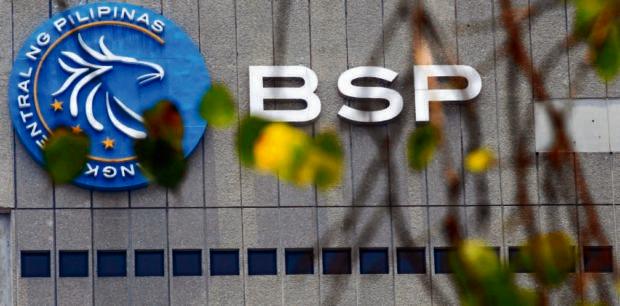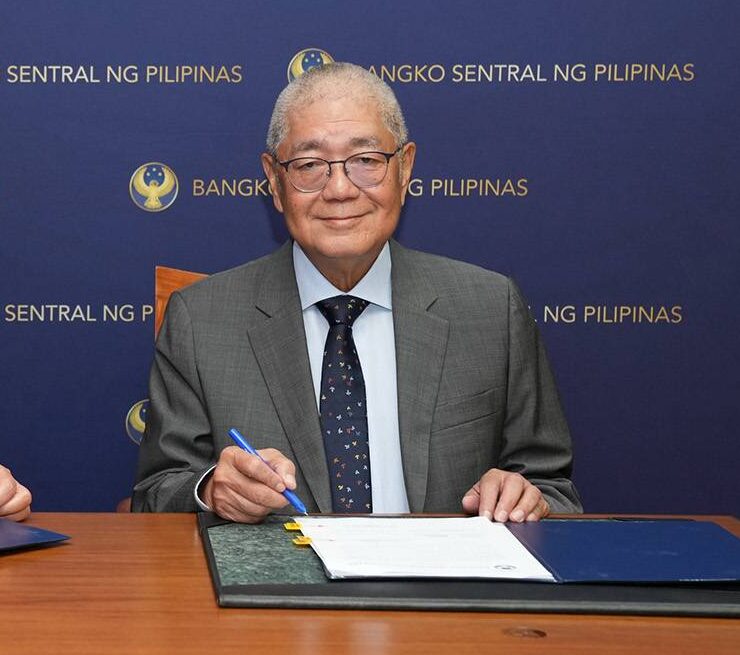PH external debt rose by 7.3% to $139.64B in Q3

The total external debt of the Philippines went up by 7.3 percent to $139.64 billion in the third quarter on the back of strong appetite for fresh borrowings from both the government and the private sector, the Bangko Sentral ng Pilipinas (BSP) reported.
As a share of the economy, the country’s foreign liabilities went up to 30.6 percent, from 28.9 percent in the preceding quarter, a level that the BSP still deemed as “prudent.”
The central bank added that other key external debt indicators remained at “sustainable” levels despite seeing an increase.
For one, the Philippines’ foreign debt service bill—as a share of earnings from goods and services exports—rose to 11.6 percent in the third quarter, from 10.4 percent a year ago.
But the country still has ample dollar reserves amounting to $112.71 billion as of September that can provide 3.91 times cover for short-term liabilities based on their remaining maturity.
“The rise in the country’s external debt was largely driven by the liquidity requirements of the public and private sector as well as the increase in nonresidents’ investment appetite for onshore debt securities,” the BSP said.
Fund-raising
Dissecting the BSP’s report, the rise in total external borrowings in the third quarter was driven by $4.17 billion that the government raised during the period.
This included the $2.50 billion proceeds from the triple tranche global bond issuance of the Marcos administration. At the same time, the government was able to borrow $1.44 billion from the country’s development partners like multilateral banks to fund various projects and programs.
Meanwhile, Philippine companies tapped the offshore debt market and raised a total of $1.82 billion to augment their working capital.
The BSP also said investor preference to seek yields in emerging markets amid anticipation of a US Federal Reserve rate cut resulted in net foreign buying of local debt securities amounting to $2.77 billion.
Major creditor countries in the third quarter were Japan ($15.38 billion), the Netherlands ($4.61 billion), and the United Kingdom ($4.51 billion).





















